Geoff Lakeman – After All The Years – A Review
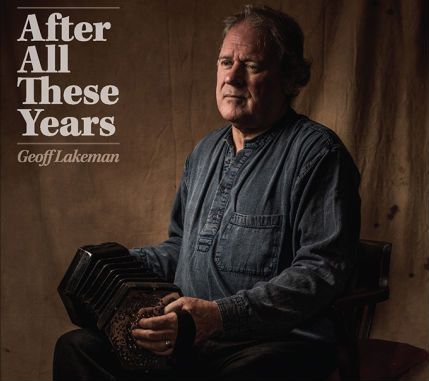
Observational and considered, Lakeman collects a squad of influencing folk artists that bring his rich imagination and celebratory character to life Released 3rd February 2017 Geoff Lakeman, in a rather circular and interesting path has recorded his debut solo entitled “After All These Years.” What I mean of course is that Geoff is known to […]
Isembard’s Wheel “Common Ground” Album Launch @ Shakespeare’s – 1-04-17 Sheffield
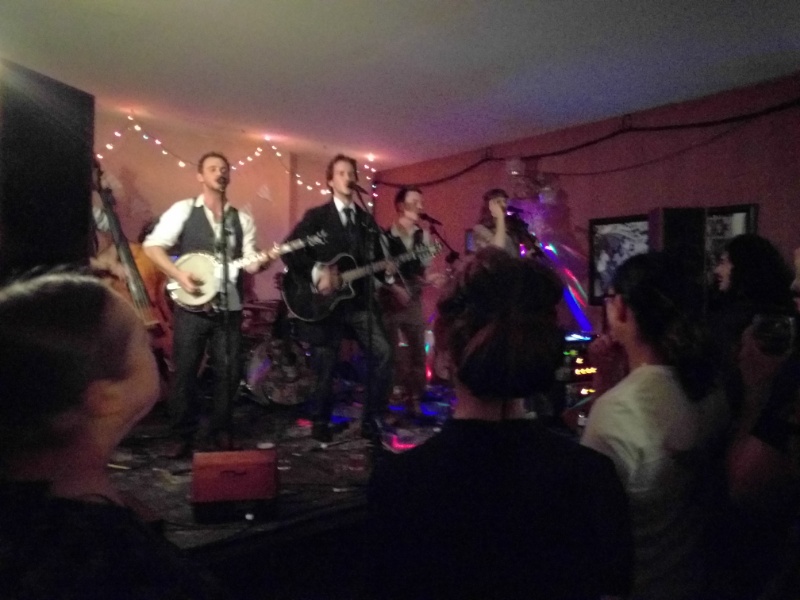
Isembard’s Wheel sit between modern indie folk and more traditional folk fare that should properly interest the industry both as a great live band and one with crossover appeal. Introduction The Shakespeares Pub in Sheffield is hosting some great artists; some new and some established. I don’t want to gush too much, the pub gets […]
Steamchicken @ The Bury Met – 11 Mar – Album Launch
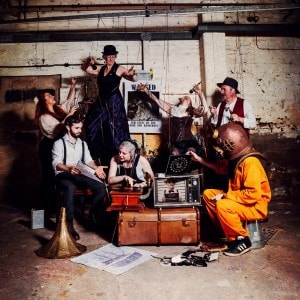
Steamchicken is a universally fun and energetic band boasting shamelessly soulful vocals and a catchy, booming brass-line. Chocks away! Somewhere between a smoky jazz outfit and a blues brass extravaganza, “Steamchicken” are a group who set out to entertain, and do so in spades. Much like the wise, old traveller from a Western or the […]
Harp and a Monkey @ Village Folk – 25th February
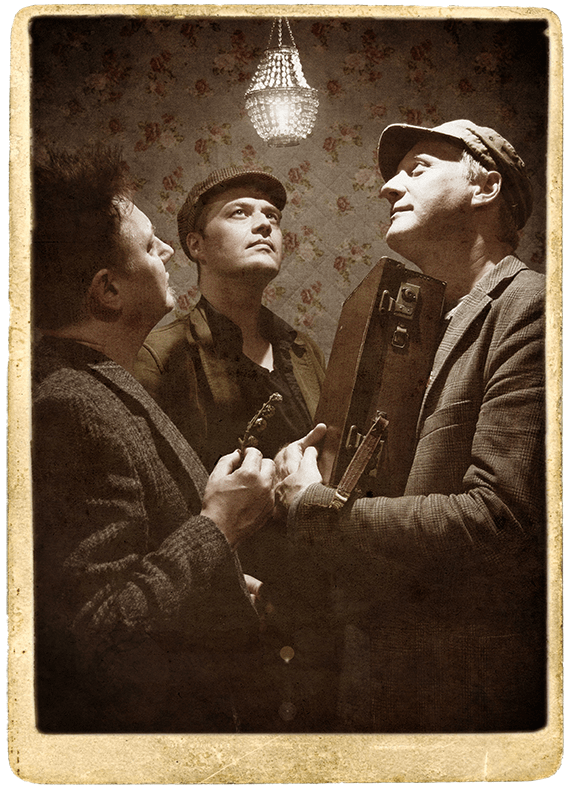
Once again I was released from the steel gates of Sheffield and able to descend the long-winding roads to Derbyshire. There I went to see the latest artist “Harp and a Monkey” to perform for a throng of rapt Derbyshire people at the “Village Folk” session in the The Lawns Hotel, Chellaston. Continuing to draw crowds […]
EP Megapost #1- Nottingham, Signals, Velvet&Stone, Lazibyrd, Thompson, Honey&TheBear 2017
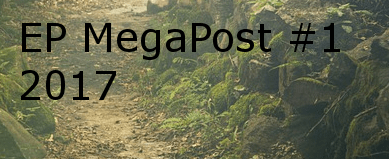
Hi all, I have had a large number of EPs sent in my direction and have not yet had the pleasure to talk about what I have really enjoyed this fine year, so here we are. As usual with my EP reviews, time and space takes a backseat to my appreciation of what comes through; so […]
Kate Dimbleby- Songbirds
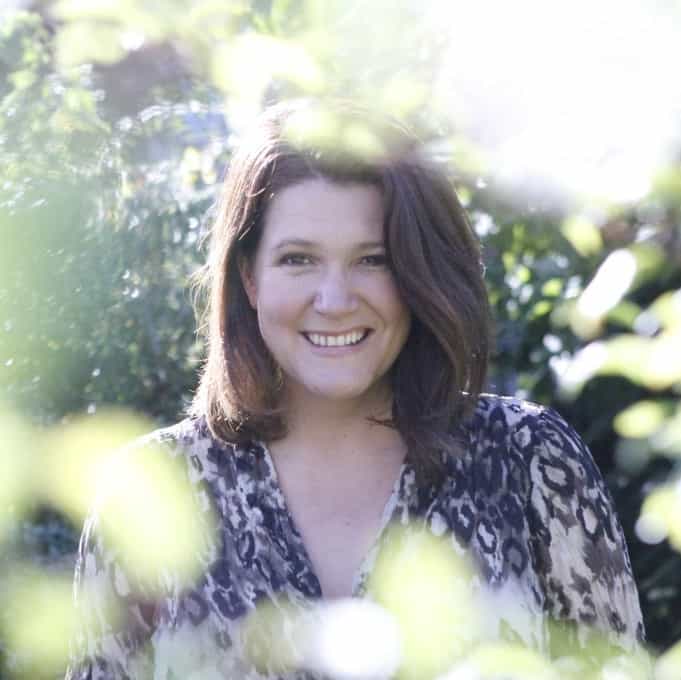
Dimbleby successfully reflects a range of feelings and emotions in a decent and also unconventional album that has captured her mind’s eye. Introduction Armed without folk instruments as such but with the creative sense of the oldest instrument there is, the voice, Kate Dimbleby explores a musical sound that is more akin to a hawk flying through […]
Daria Kulesh “Long Lost Home” – An Album Review
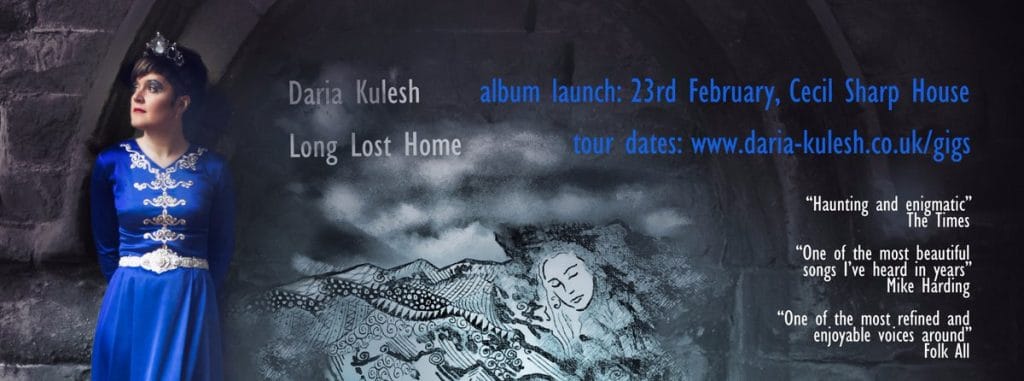
An album of resistance to oppression in armed and peaceful forms. Articulate and personal, it is peppered with tragedy but is in essence celebratory of family and the personalities whose stories are within. Sound Recording: Jason Emberton, Jonny Dyer Additional Recording: Timur Dzeytov Produced: Jason Emberton, Jonny Dyer, Daria Kulesh Introduction Daria Kulesh […]
Almond&Olive – Standing at the Precipice (Album Review)

Almond&Olive deliver an earnest and lyrically intriguing debut with a strong character and rapport in voice Having released this debut last Friday (27th January 2017), artists Almond&Olive that consists of Natalie Alms (Almond) and Ollie Davidson (Olive) are no longer standing at the precipice but have taken a good look and lept over […]
Folk Phenomena’s – The Folk of 2016 – Award Post
Hi all, I have been threatening for a couple of months now to do an award post to celebrate (in my opinion) the best Folk of 2016. It is a cliche to say it was a fantastic year for folk music, so I won’t say that more than that once. But what I can honestly […]
Lorcán Mac Mathúna – Visionaries 1916 (album review)
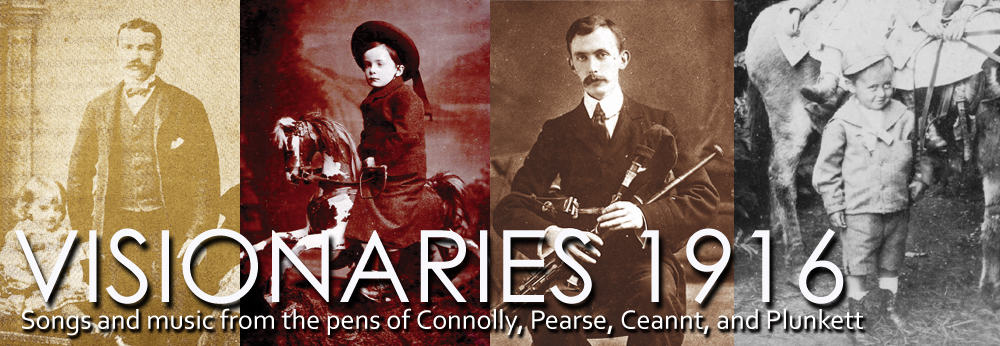
Folk music that tackles some stirring source material that should not be forgotten. There is a roving central passion that brings both a delightful sense of joy and personal isolation to the works within. The album dwells very much in the topic it is exploring. The year 2016 will be seen as a year of upheaval […]